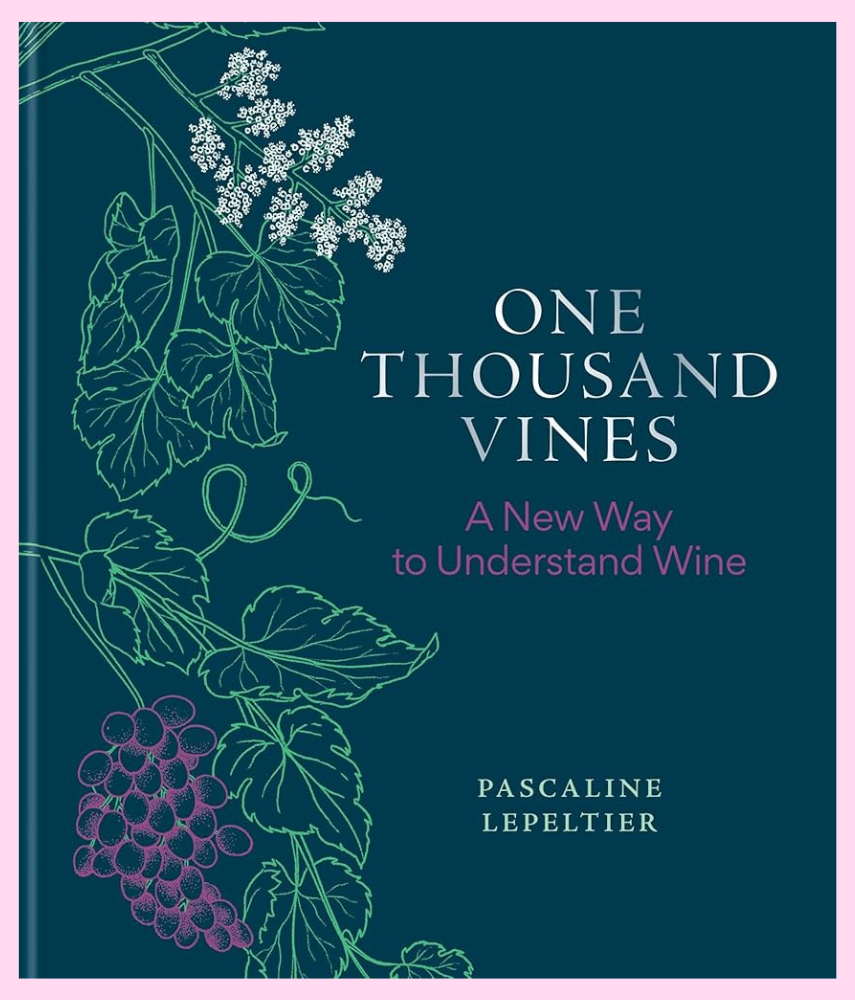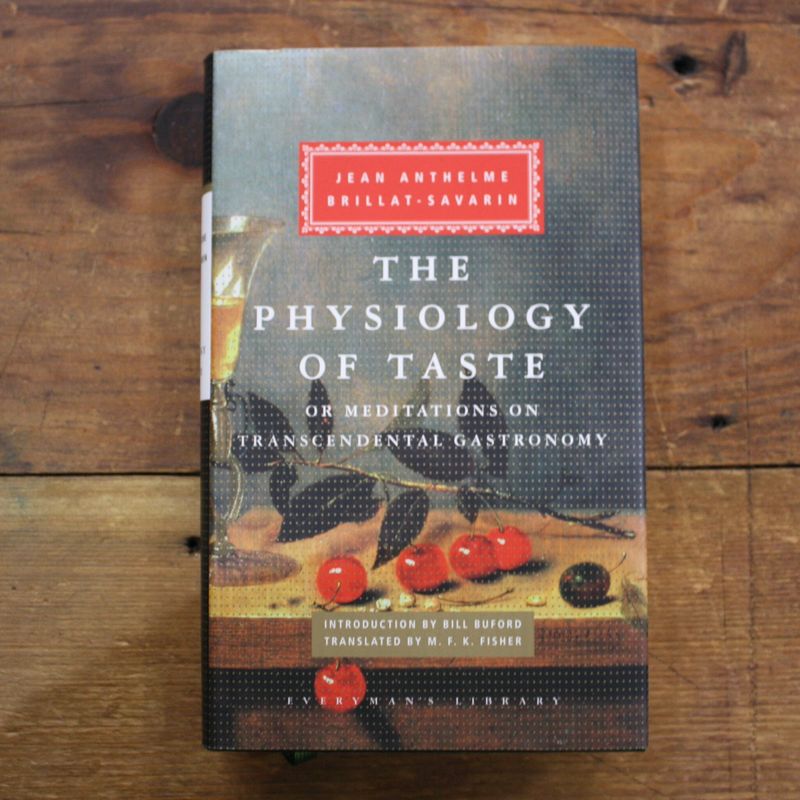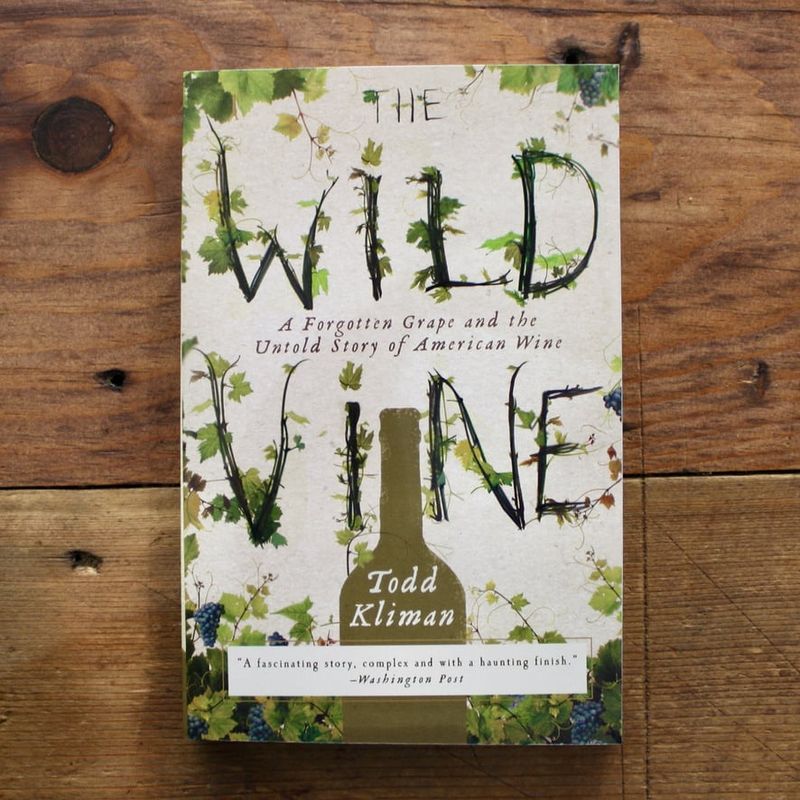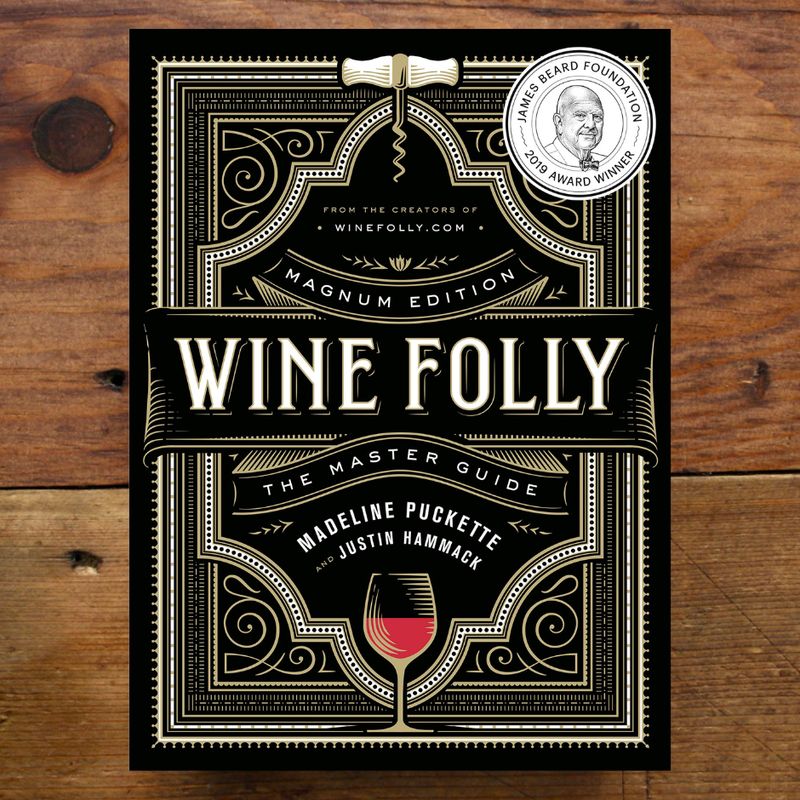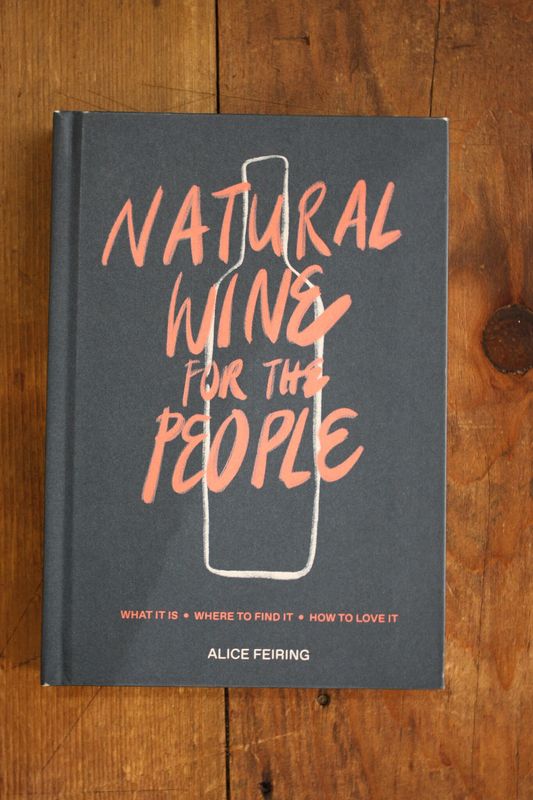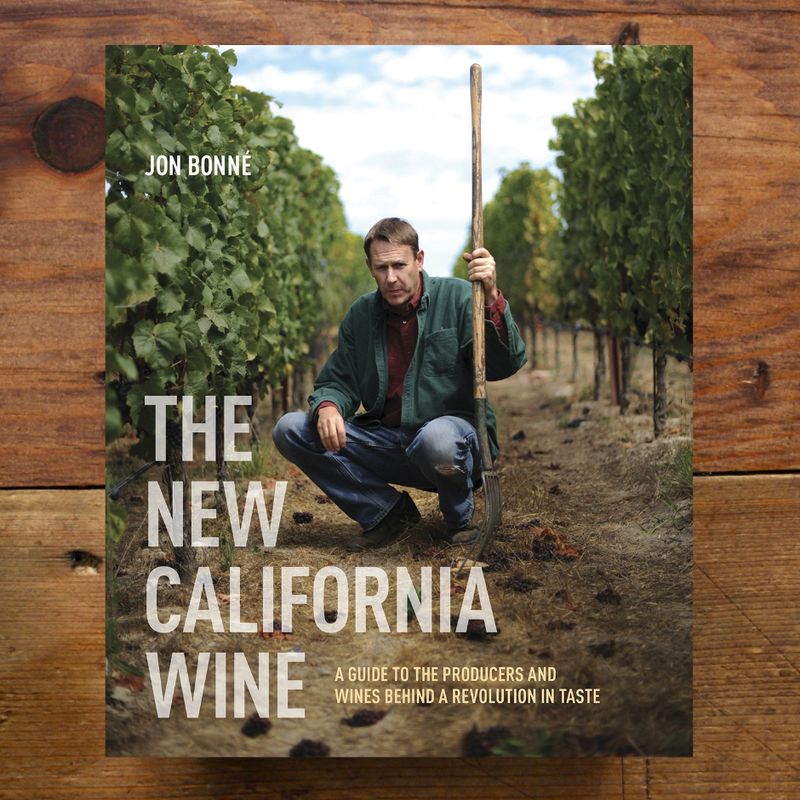HOURS: TUESDAY-THURSDAY 12-6PM // FRIDAY & SATURDAY 12-8PM // SUNDAY 12-5PM // CLOSED MONDAYS
Ah, Easter and chocolate – a delicious agreement! Really?
Ah, Easter and chocolate – a delicious agreement! Really?
But is it good and that this chocolate is good for our health,
and then is it a truly natural alternative?
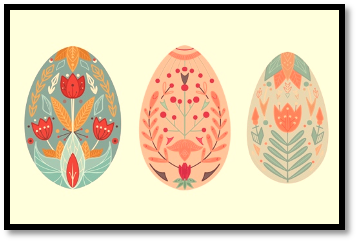
In Antiquity, the pagan tradition consisted of celebrating the arrival of the new season, spring, by offering hard-boiled and decorated eggs to symbolize new life and rebirth. This earlier tradition prior to Christianity was taken up again for the Easter celebrations and the end of Lent, which implied 40 days of no animal products, such as meat, dairy, eggs, and even alcohol, in reference to the 40 years of Jesus in the desert. It's in the 16th century that chocolate arrives in the West and that the idea of replacing eggs and the obligation to abstain from chocolate emerges, which offered a more indulgent and pleasant alternative. But in the 1830s new techniques allowed for the creation of a large variety of forms thanks to original molds, and that chocolate, being a royal treat that fits well within the festive spirit, became the Easter gift par excellence, with confectionery companies capitalizing on the theme of Easter by creating eggs, rabbits, and hens linked to the Easter celebrations.
But is it really good?
Ultimately, chocolate is a delicious indulgence that people of all ages appreciate, but one must remember that it has a few potential drawbacks for consumers, especially when consumed in excess or in certain forms. In particular, milk chocolate and white chocolate are rich in sugar, which can be linked to various health problems, notably weight gain (attention: summer and swimsuits are approaching), a higher risk of type 2 diabetes (Ozempic is not the solution for the whole world). Rich in calories, it can lead to overweight and the ingestion of bad fats (such as trans fats), and the caffeine content in large quantities can have secondary effects such as sleep disturbances, increased heart rate, and various allergic reactions. In addition to the dependence, chocolate contains a variety of compounds like theobromine and phenylethylamine which can have effects on mood, which makes certain people "addicted" to chocolate.
So offering chocolate brings pleasure for a combination of psychological, social, and even biological reasons, which helps to reinforce the feeling of belonging to a group and contributes to maintaining social ties. In summary, the pleasure of offering chocolate stems from a complex mix of motivations: the desire to make others happy, a feeling of well-being, the reinforcement of self-esteem, and the social dynamic of reinforcing relationships and respecting traditions.
The alternative option
But can we apply this same reasoning to an alternative gift that can express our affection, love, friendship, or our gratitude towards another? And one that also fulfills our need for self-esteem, by feeling generous and having the capacity to bring joy, and our feeling of control and positive influence on the other person's mood and well-being? How to offer an alternative gift that corresponds to our values or the image we wish to project to reinforce our personal identity?
So why not, for example, offer a book that reflects an interest in culture and knowledge, because reading is not only a pleasure for many, but it is also an extremely beneficial activity for physical and mental health.
Low in calories (just one glass of wine will suffice), it reduces stress by diverting the mind from daily worries, slowing the heart rate and relaxing muscle tension, improving sleep, developing empathy, developing imagination and creativity, providing a feeling of escape, improving mood. But above all, it promotes mindfulness, stimulates discussions and social connection, keeps the mind sharp, develops critical thinking, and improves memory, vocabulary, increased knowledge, and communication skills.
So, for Easter, offer a book, a wine book from Bonde Fine Wine, because in summary, reading is an enriching activity that offers a multitude of benefits for your mental, cognitive, and even physical health. So, don't hesitate to offer a good book and enjoy all its advantages, and above all, it's a gift that can be consumed without moderation and excess has no known harmful effects.
Like, the newly released first edition of One Thousand Vines in English Version, an exceptional book by my dear friend and esteemed colleague Pascaline Lepeltier.
ONE THOUSAND VINES
Pascaline Lepeltier $55
About Pascaline Lepeltier
Pascaline Lepeltier is a celebrated French sommelier known for her deep expertise in natural wines and her passionate advocacy for eco-responsible viticulture. In 2018, she made history as the first woman to be named Best Sommelier of France and also earned the prestigious title of Meilleur Ouvrier de France in sommellerie. She is a Master Sommelier — one of only 256 worldwide —but also continues to shape the wine world as Beverage Director at Chambers, a wine-driven, farm-to-table restaurant in New York City. In 2024, Decanter named her a rising star, recognizing her growing influence in the industry.
About One Thousand Vines
One Thousand Vines is more than a technical manual: it’s a profound exploration of wine’s relationship with human culture and the environment. The book offers a visionary perspective on the intricate connections between vineyards, landscapes, and the wines they produce. If you appreciate the philosophy behind Bonde Fine Wine, this book is for you.
The response from critics has been enthusiastic. David Crossley describes it as “a tremendous work of synthesis, vast in scope, completely current, imaginative, philosophical, scientific, and profound.” Jamie Goode praises Pascaline’s rare gift for weaving together complex scientific ideas and philosophical insight in a way that’s both engaging and accessible.
We also have other books to offer you such as:
Refine by
Powered by Lightspeed
Display prices in:USD
